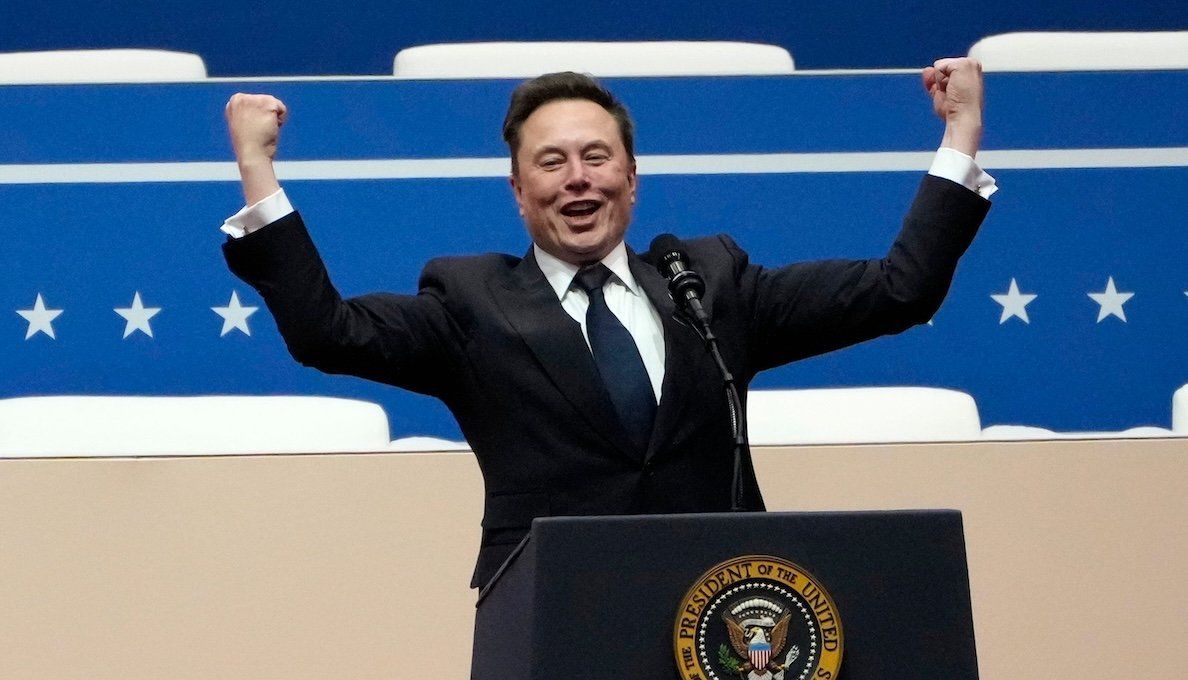25: Who benefits from
Elon Musk’s burgeoning crusade to slash US government spending? One immediate answer is the data analytics firm Palantir, whose stock value
shot up 25% on Tuesday due to what the company’s boss
Alex Karp described as a “revolution” that would be “good for Americans.” Palantir, owned by tech titan
Peter Thiel, a big backer of Vice President
JD Vance, generates roughly two-thirds of its US revenue from government contracts.
10: At least 10 people were believed to be dead following a shooting at an adult education center in central Sweden on Tuesday. As of this writing, police have not released information about the shooter’s identity or motive, except to say that it was a man who is believed to have acted alone.
500,000: What does Donald Trump want in exchange for continuing to support Ukraine? Something rare. The US president suggested on Monday he wanted US access to Ukraine’s rare earths and critical minerals – those used in batteries, microchips, and other advanced technologies. China currently dominates the global supply. Ukraine has at least 15,000 hectares worth of deposits already mapped out, and 500,000 tons of Lithium which could be worth tens of trillions of dollars. Kyiv said it was “ready to work with America.”
900: After more than 900 people were killed last week in the battle for Goma, a key city in the Democratic Republic of the Congo, the Rwanda-backed M23 rebels who have wrested control of the city from the Congolese army
announced a unilateral ceasefire on Tuesday. The move is meant to facilitate the arrival of humanitarian aid. DRC and Kenyan leaders are to meet next week in a fresh attempt to end the more than three-year-old conflict.
